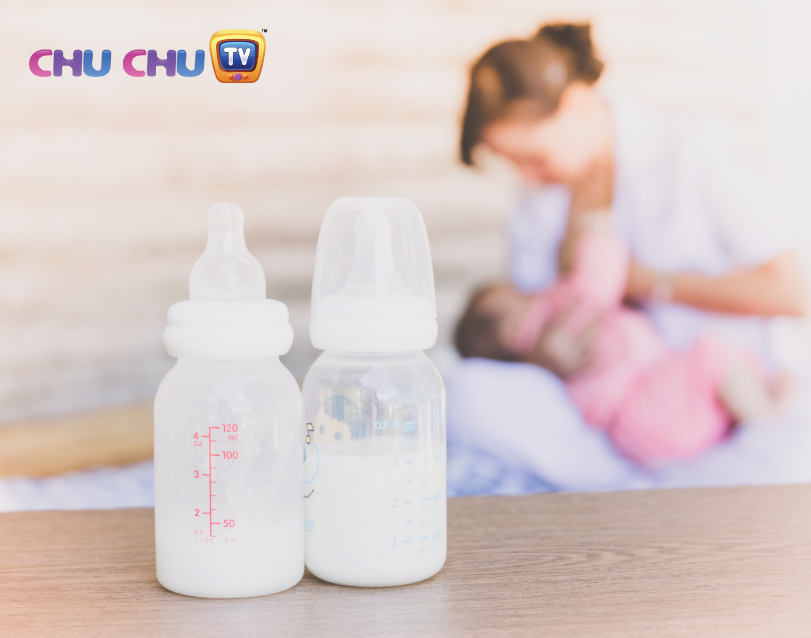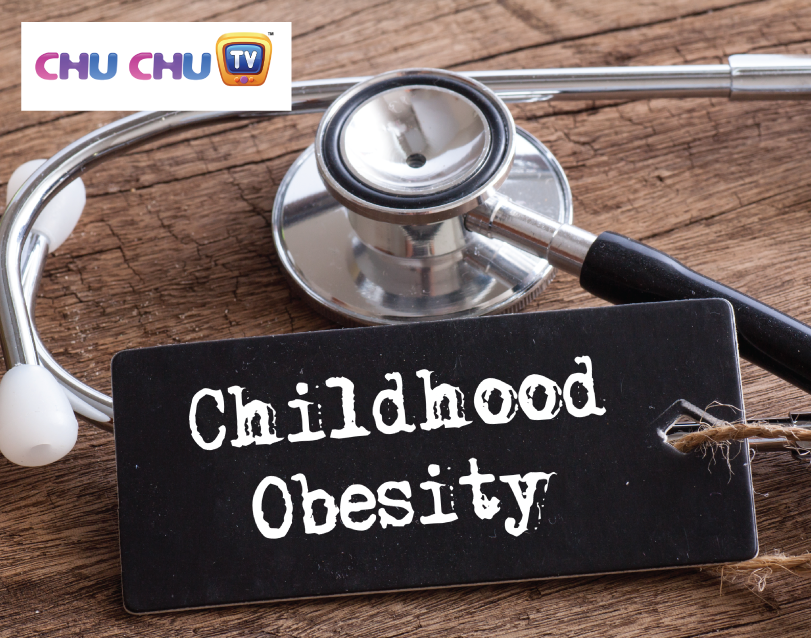Breastfeeding is largely instinctual. Nursing mothers have been providing nourishment to their babies since the origin of humankind. Breastfeeding offers several benefits and it’s considered healthy for the baby and mothers as well. According to the World Health Organization (WHO), mothers need to exclusively breastfeed for six months and after that they can combine it with formula and other food items. Breastfeeding brings about many new experiences to a nursing mother and there are likely to be many things that a new mother may not have known earlier. There may be certain challenges as well for some mothers, in terms of maintaining the quantity and quality of milk. This would be essential to keep their baby’s belly full and ensure adequate nutrition. For a smooth nursing experience, here are five important things about breastfeeding that every parent should know.
It’s best to start early:
According to lactation experts, the first hour is considered the golden hour for starting breastfeeding. During this time, the baby will instinctively crawl up to their mother’s breast to feed. During the first few sessions of breastfeeding, the breast milk released is known as colostrum, which is a lot thicker and golden in color. This is very nutritious and helps the baby to develop their first immunities. Babies are programmed to latch right on to their mother’s breast, and they can do this even without any assistance from their mother. During the first few breastfeeding sessions, the skin-to-skin contact between the mother and the baby will provide warmth to the baby as well as steady their breathing and heart rate. The skin-to-skin contact also helps soothe the baby and sets the tone for an everlasting bond between the mother and the baby.
During the first few days, babies will want to be fed quite frequently. On an average, it’s more than 8 times every 24 hours. This is no cause for concern; rather, it’s a sign that the baby is healthy and growing normally. A baby’s voracious diet also prompts the mother to produce more milk and in most cases, there’s no risk of running out of breast milk. Helping babies to latch properly is another thing that mothers need to ensure in the first few days of initiating breastfeeding. If the baby is only suckling at the nipples and not the areola, it may start to hurt after a while. A good latch will help prevent such issues. Babies also need to be encouraged to be awake while suckling, so that they can properly swallow the colostrum. If they drift off, their diet will reduce and they might become fussier. It will also reduce milk production among mothers.
Nursing mothers will need to eat additional portions:
Nursing mothers need to eat additional portions to maintain adequate milk production. This can be around an additional 300 to 500 calories per day. Nursing mothers need to focus on eating whole grains, protein-rich foods, and fruits and vegetables. Including nuts in the diet is recommended for mothers, as it has shown to prevent allergies among their babies. Breastfeeding mothers also need to increase their consumption of calcium-rich foods since breast milk contains copious amount of calcium. This can be achieved through increased intake of food items such as yogurt, cheese, dark leafy vegetables, etc. If calcium-rich foods are not included in a nursing mother’s diet, then the body will utilize its own stores, which may result in calcium deficiency. Drinking ample amounts of water is also recommended for nursing mothers since breastfeeding can deplete the body’s water resources.
Breast milk will change according to baby’s needs:
Breastfeeding may appear a simple mechanism on the surface, but there’s quite an interesting and complex science powering all of it. The wonderful thing about breast milk is that it changes its constituents, for example, nutrition, hormones and antibodies, depending on the needs of the baby. Research studies have indicated that the mother’s body gets the signals through the baby’s saliva when they are suckling. This in turn helps produce the right type of milk, as per the baby’s needs. If there are any changes in color, thickness or consistency of breast milk, it’s probably happening to provide for the specific needs of the baby. In most cases, there’s no need to be alarmed. However, you may consult a doctor if you have doubts.
Breastfeeding saves lives and prevents childhood obesity:
According to WHO estimates, if all babies are exclusively breastfed for the first six months and if it is continued in combination with other food items for 2 years, it could help save the lives of 800,000 babies every year globally. This is because breast milk is the safest nutrition for a baby and the best way to boost their immunity. Breastfeeding has also shown to reduce the risk of Sudden Infant Death Syndrome (SIDS). Another good thing about breastfeeding is that it prevents childhood obesity. Recent research studies indicate that exclusive breastfeeding can help prevent weight problems among babies.
Breastfeeding is healthy for the mother as well:
That the baby benefits from breastfeeding is common knowledge, but not many know that the mother also stands to gain significantly from breastfeeding. Soon after birth, breastfeeding releases hormones that allow the uterus to contract. This can potentially save a mother’s life, as it reduces the risk of postpartum bleeding. The benefits of breastfeeding continue during the later years as well by reducing the risk of breast cancer and ovarian cancer. Research studies have indicated that breastfeeding also reduces the risk of postpartum depression, type II diabetes and osteoporosis.
Communities often have a large knowledgebase of information and quite a few recommendations related to breastfeeding. However, there may be times when professional help may be necessary. In case you have doubts, always make it a point to consult a lactation expert. A lactation specialist can assist you with various things such as how to improve your diet, manage your and your baby’s health, improve feeding techniques, etc. Also, it’s important to understand that breastfeeding goes beyond mere nutrition, and includes various other vital aspects such as bonding with your child and taking care of their health and emotional needs.















What’s the age limit of baby to stop mother’s breastfeeding?? My daughter is 16+months of age.. N still on breastfeeding.. M I doing wrong with her to give breastfeeding??
Accordingly, breastfeeding is still best for babies up to 2 years old and beyond.
Ur doin right..i stop my daughter to breastfed at the age of 2 yrs and 6months..u can breastfed ur baby until the milk stop in ur breast.
My baby is not drinking breast milk for the past one week. Now he is one and a half year old. We are frustrated. We had avoided some situations while baby is asking breast milk due to crowd in public and so we are now feeling guilty of it. What we should do to continue breast feeding
@Suresh check this out, you may find it helpful http://chuchutv.com/blog/things-about-breastfeeding/